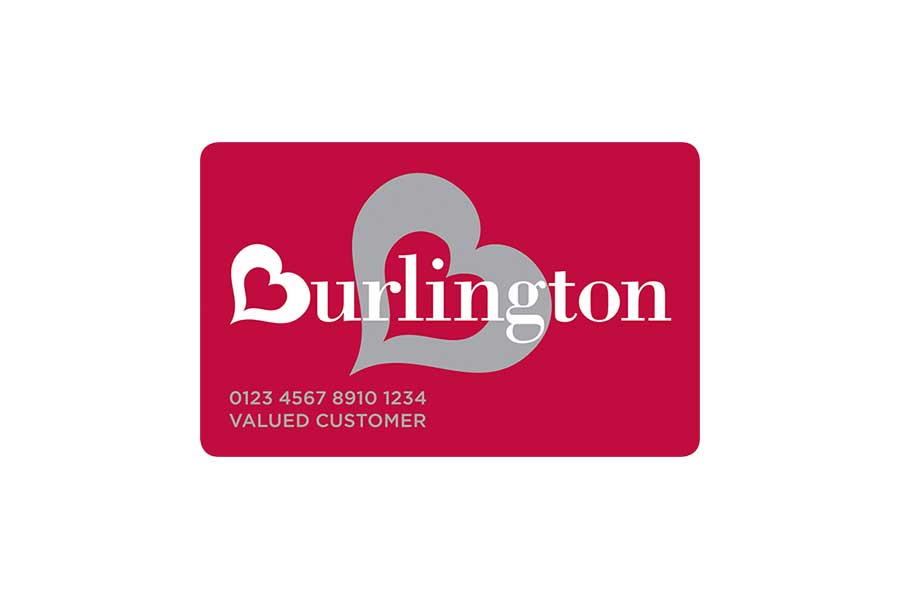Some people keep a single credit card for simplicity. Others carry five, ten, or even more to chase rewards and maximize flexibility. So which approach is better? There’s no magic number that works for everyone—but there are clear benefits to having multiple cards and warning signs that you might be overdoing it.

This guide explains how the number of credit cards you hold can affect your credit score, spending habits, and overall financial health—so you can decide exactly how many is right for you.
Why You Need At Least One Credit Card
A credit card is more than a convenient way to pay—it can be a powerful financial tool when used responsibly. Here’s why keeping at least one in your wallet can make a difference:
- Build credit history: Regular use and on-time payments help build a strong credit history, which can improve your chances of getting approved for loans, renting an apartment, or qualifying for better insurance rates.
- Emergency access to funds: When an unexpected expense hits—like a car repair or medical bill—a credit card can provide immediate financial backup.
- Stronger fraud protection: Credit cards typically offer better fraud safeguards than debit cards. If unauthorized charges appear, most issuers won’t hold you responsible if you report them quickly.
- Earn rewards and perks: Many cards offer cash back, travel points, or airline miles, along with extras like purchase protection, extended warranties, and travel insurance.
- Everyday convenience: Widely accepted worldwide, credit cards make it easy to shop online, set up automatic bill payments, and travel without worrying about currency exchanges.
How Many Credit Cards Should You Have?
There’s no one-size-fits-all answer—the right number depends on your spending habits, credit goals, and ability to manage payments. Knowing how multiple cards influence your credit score and finances can help you find the right balance.
- Credit utilization is key: This ratio—your balances compared to your total available credit—makes up about 30% of your FICO credit score. Aim to keep it below 30%, and ideally under 10%. Having more than one card can help spread out spending and keep credit utilization low.
- Too few accounts can limit your score: Lenders like to see a healthy mix of credit types. If you have fewer than three accounts, you may have a “thin” credit file, making it harder to qualify for top rates on loans or credit cards.
- The risks of having too many: Each new card adds complexity—more due dates to track, more statements to review, and a greater chance of missed payments. Opening multiple cards in a short time also triggers several hard inquiries and lowers your average account age, which can temporarily hurt your credit score.
Many people find that 2–4 credit cards offer enough flexibility and rewards without making account management overwhelming. The right number for you is the one you can handle responsibly—keeping balances low, paying on time, and applying strategically.
Pros & Cons of Having Multiple Credit Cards
Managing more than one credit card can work in your favor if you use them strategically, but it also comes with risks. Here’s what to weigh before adding more cards to your wallet.
Pros
- Diversified rewards and benefits: Different cards excel in different areas—some earn more cash back on groceries, others offer travel points, lounge access, or extra perks like purchase protection and extended warranties. Using each card where it performs best can maximize your rewards.
- Lower credit utilization ratio: Spreading purchases across several cards can help keep your credit utilization rate low, which benefits your credit score. Just avoid maxing out any single card.
- Backup in case of issues or fraud: If one card is declined, lost, or compromised, having another ensures you can still make purchases or cover emergencies.
Cons
- Higher temptation to overspend: More available credit can lead to bigger balances. If you don’t pay in full each month, interest charges can quickly add up.
- More complex account management: Multiple cards mean more due dates, statements, and interest rates to track. A missed payment can cause a drop in your credit score and cost you in late fees.
- Potential impact on credit scores: Opening several new cards in a short period can lower your average account age and trigger multiple hard inquiries, which may temporarily reduce your credit score.
Common Myths About Multiple Credit Cards
Credit cards come with plenty of myths that can lead to poor financial decisions. Knowing what’s true—and what isn’t—can help you protect your credit score and make smarter choices.
- Myth: Carrying a balance improves your credit score.
- Reality: Carrying a balance from month to month does nothing to improve your credit score and will cost you in interest charges. Paying in full each month is better for your credit and your wallet.
- Myth: Having too many credit cards always hurts your credit score.
- Reality: The number of cards you hold doesn’t directly lower your score. What matters most is how you use them—keeping your credit utilization ratio low, paying on time, and maintaining a healthy account age. In fact, multiple cards can help lower utilization, which can boost your score.
- Myth: You should close old accounts to simplify management.
- Reality: Closing old accounts can shorten your average credit history and reduce your total available credit, which may hurt your credit score. If an older card has no annual fee, consider keeping it open even if you don’t use it regularly.
What to Consider Before Getting Another Credit Card
A new credit card can boost your rewards, credit limit, and flexibility—but it can also add risk. Before applying, review these key factors.
- Spending habits: Look at how you manage money now. If you tend to overspend or carry a balance, another card could make your situation worse. If you pay in full and use credit wisely, an extra card might work in your favor.
- Financial discipline: Multiple cards require careful tracking of due dates, balances, and interest rates. Missing a payment can hurt your credit score and lead to costly fees.
- Balances on current cards: If you already have high balances, work on paying them down first. High utilization lowers your credit score and signals to lenders that you may be financially stretched.
- Application timing: Applying for several cards in a short period creates multiple hard inquiries and can reduce your average account age. Apply strategically, spacing out applications and choosing cards that fit your financial goals.
How to Manage Multiple Credit Cards Effectively
Owning more than one credit card can work in your favor, but it requires organization and discipline. Use these strategies to avoid mistakes and keep your credit strong.
- Use tools and apps: Budgeting tools can help track due dates, interest rates, and balances. Apps like Monarch make it easier to manage multiple accounts in one place so nothing slips through the cracks.
- Set up automatic payments: Scheduling automatic payments for at least the minimum amount due helps prevent late fees and missed payments. This is one of the simplest ways to protect your credit score.
- Review statements every month: Checking each statement regularly allows you to catch unauthorized charges, monitor spending patterns, and identify areas where you could reduce expenses.
- Reassess your credit card lineup: As your financial needs change, review whether each card still serves a purpose. If a card has high fees and low value, you might downgrade it or close it—just remember that closing older accounts can affect your credit utilization ratio and average account age.
Final Thoughts
The right number of credit cards depends on your goals, habits, and comfort level with managing accounts. If you are new to credit, start with one card and build a positive track record by paying on time and keeping balances low. Over time, adding cards strategically can expand your rewards, increase your available credit, and improve your credit utilization ratio.
When applying for new cards, focus on options that match your spending habits and financial objectives. Avoid opening several accounts in a short span, as this can temporarily lower your credit score and make you appear risky to lenders.
Credit cards are financial tools—how you use them matters more than how many you own. Staying organized, paying on time, and monitoring your credit report will help you get the benefits of credit without the downsides.
Frequently Asked Questions
What should I do if I miss a payment on one of my cards?
Pay the overdue amount as quickly as possible to limit the damage to your credit score. Reach out to your card issuer—if it’s your first missed payment, they may waive the late fee. To avoid future issues, set up automatic payments for at least the minimum amount due.
Is it better to pay off one card at a time or all cards at once?
If you have multiple balances, the debt snowball method focuses on paying off the smallest balance first, while the debt avalanche method targets the highest-interest balance first. Either approach can work, but always pay more than the minimum on all cards to reduce interest charges faster.
See also: Debt Snowball vs. Debt Avalanche: Which Method Works Best?
How can I keep track of multiple credit card due dates?
Use a budgeting app, digital calendar reminders, or set all due dates to the same day if your issuers allow it. These strategies reduce the risk of missing a payment and make account management easier.
Can I request a higher credit limit instead of opening a new card?
Yes, requesting a limit increase can boost your available credit and improve your credit utilization ratio without adding another account. Just note that some issuers may run a hard inquiry, which can temporarily lower your credit score.
Will closing a credit card improve my financial situation?
Closing a card rarely improves your credit score and can sometimes hurt it by lowering your available credit and shortening your account history. However, if a card charges a high annual fee and you’re not using it, closing it may make sense for your budget.




